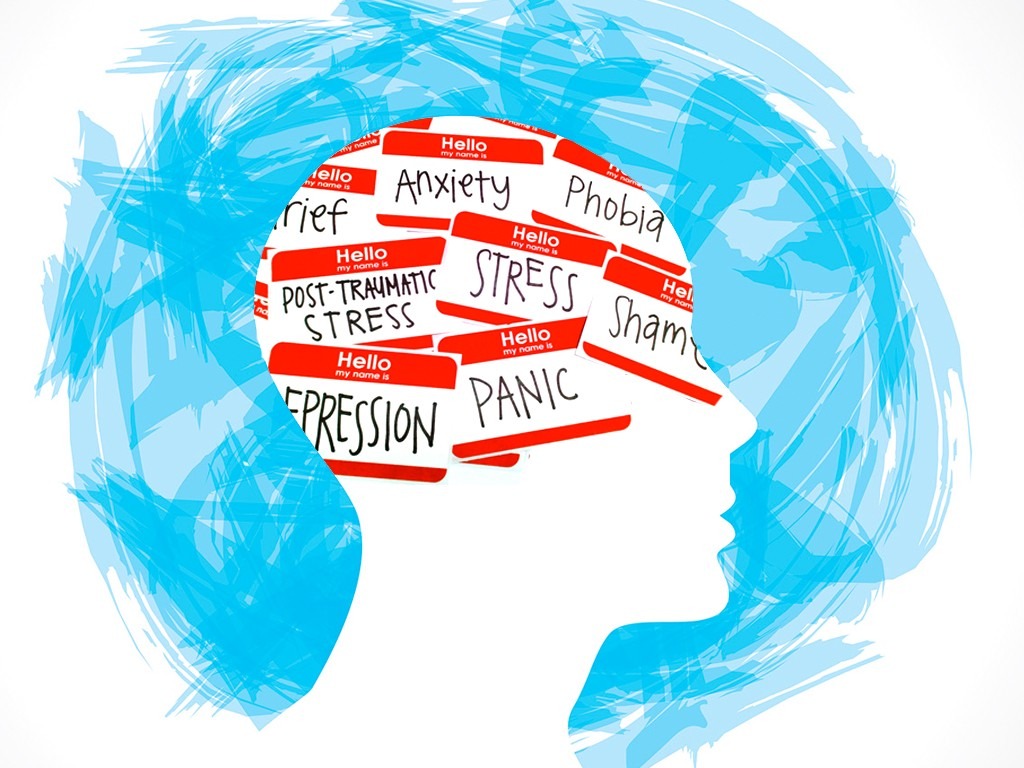
In the quickly changing world of today, student mental health has become a critical issue. Students are in a vulnerable situation due to the continual demands of the digital world, social issues, and mounting academic obligations. Teachers are the custodians of the learning environment, and as such, they are essential in preserving and advancing students’ mental health. This duty goes well beyond simply imparting academic knowledge; it also includes recognizing, assessing, and attending to students’ mental health needs.
The Growing Concern over Mental Health of Students
Globally, there has been an increasing concern about students’ mental health. Numerous studies reveal that a startling proportion of students experience mental health problems like anxiety, sadness, and others. These difficulties may have a major effect on their general quality of life, social interactions, and academic achievement. It is now more important than ever for schools to provide comprehensive mental health support, as the COVID-19 pandemic is making these problems worse.
The educational setting has a significant impact on how students’ mental health develops. Schools are social settings where students engage with one another, form connections, and create their identities in addition to being places of education. As a result, a student’s mental health may benefit or suffer from their school environment. Teachers can have a big impact here because they are the pupils’ main point of contact.
The Function of Teachers in Mental Health
Teachers are frequently the first persons outside of the student’s family to observe behavioral, emotional, or academic changes. They are in a unique position to spot indicators of mental health problems because of their regular interactions with kids. Instructors who are knowledgeable about the warning signs of mental health issues can spot when a student might be having difficulties and act quickly to help.
1. Recognizing Distress Signals
The ability to recognize symptoms of distress is one of the most important tasks that teachers have in protecting the teachers should be aware of student mental health. Pupils may display a range of symptoms, including but not limited to social disengagement, scholastic regression, agitation, and adjustments to their sleeping and eating schedules. Instructors who have received training in identifying these symptoms can intervene early to resolve the problem before it gets worse.
2. Giving Emotional Assistance
In addition to seeing warning indications of anxiety, educators are essential in helping pupils receive emotional assistance. A helpful instructor has the power to profoundly impact a student’s life. Students are more willing to share their difficulties when they believe that they have someone to talk to and who genuinely cares about their well-being. When it comes to assisting kids in getting through challenging times and feeling less alone in their struggles, this assistance can be quite important.
3. Establishing a Secure and Welcome Environment
Promoting mental health in the classroom requires a secure and welcoming atmosphere. Teachers can lower the likelihood of mental health problems by creating an atmosphere where kids feel safe, respected, and appreciated. This entails fostering an environment of acceptance where bullying is actively discouraged and diversity is celebrated. In order to lessen the stigma attached to mental health concerns, educators can foster an environment in the classroom that promotes candid discussion about the subject.
4. Working Together with Mental Health Experts
Teachers work closely with school counselors, psychologists, and other mental health specialists even though they are not mental health professionals. A teacher can direct a student to the relevant resources when they see that the student might benefit from extra help. This partnership guarantees that students get the all-encompassing attention they require.
5. Including Instruction on Mental Health
An additional method by which educators can protect students’ mental health is by incorporating mental health education into the curriculum. Teachers give kids the tools they need to handle stress and obstacles by teaching them about resilience, coping mechanisms, and mental health. By giving children the tools to ask for help when they need it, this education can help lower the prevalence of mental health problems.
The Difficulties Teachers Face
Although instructors play a critical role in protecting students’ mental health, there are obstacles in their way. It can be quite taxing for teachers to add the responsibility of observing and assisting with mental health to their already heavy plate of academic duties. In addition, a lack of training may make many teachers feel unprepared to deal with mental health difficulties.
Schools need to give teachers the resources and training they need to handle these issues. Teachers can be better equipped to carry out their roles through professional development programs that address stress management, crisis response, and mental health awareness. In order to share accountability for students’ wellbeing, schools should also make sure that instructors have access to support networks like school counselors and mental health specialists.
In summary
Teachers provide a critical and important role in protecting students’ mental health. Teachers serve as mentors, role models, and support systems for their pupils in addition to being educators. Teachers can have a big impact on their students’ wellbeing by identifying the warning signs of mental health problems, offering emotional support, fostering a secure environment, working with mental health experts, and implementing mental health education. However, in order to accomplish this successfully, educators require sufficient training, materials, and community support from the larger school system. Ultimately, it will take teamwork to guarantee that every student has the chance to succeed intellectually and emotionally.